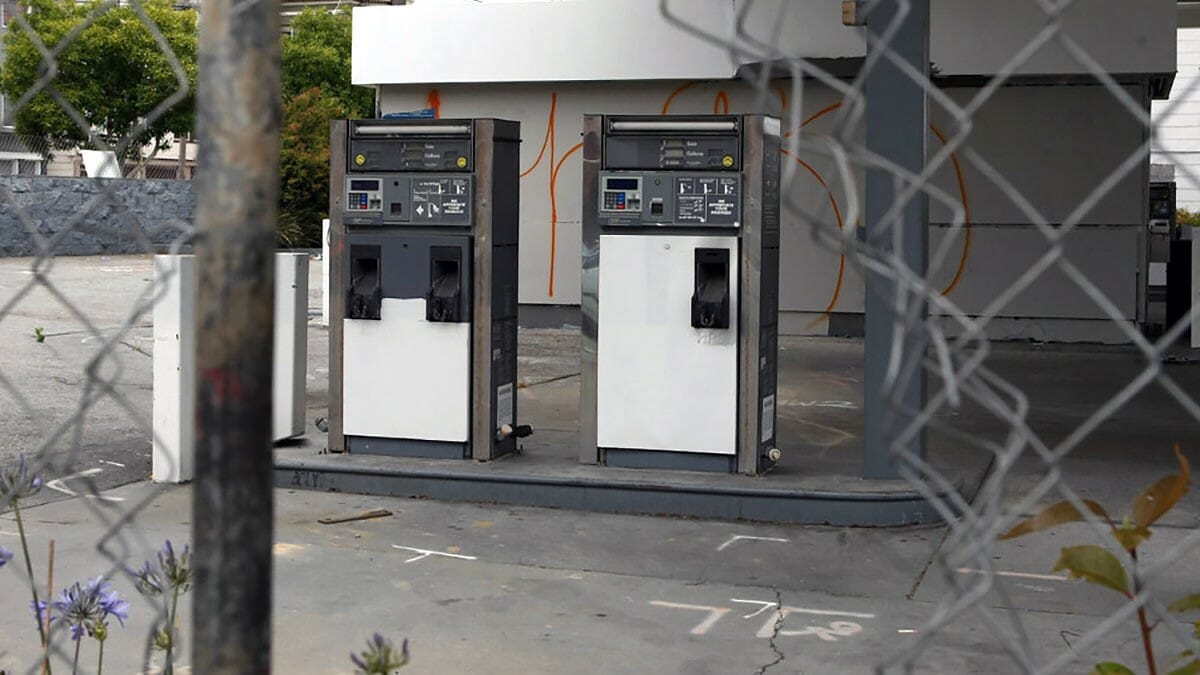Oil prices are moving but demand remains constrained

Oil prices have surged but demand remains muted thanks to the COVID-19 pandemic. Pic: Getty
The days of cheap petrol at the pumps could be numbered with oil prices rallying after Saudi Arabia made a surprise decision to slash its crude production by 1 million barrels per day (bpd).
Speaking at an OPEC+ meeting last week, the country’s energy minister Prince Abdulaziz bin Salman called on the oil cartel to continue restricting production to manage the constrained demand caused by the COVD-19 pandemic.
“Do not put at risk all that we have achieved for the sake of an instant, but an illusory, benefit. Our job is not yet done,” he noted.
While his opinion was ignored by both Russia and Kazakhstan, Saudi Arabia’s move was enough to send oil prices above the $US50 ($64.74) per barrel mark, the first time it has done so in about nine months.
US petroleum inventories also appear to be normalising with Reuters reporting that crude and product stocks ended 2020 just 6 per cent above the seasonal average for the previous five years, down from a surplus of 14 per cent at the start of July.
Excess crude inventories have been cut by lower output from domestic shale producers (down 2 million bpd in 2020) and a fall in imports especially from Saudi Arabia.
Likewise, product inventories have been reduced by a drop in crude processing and a focus on gasoline rather than diesel and aviation fuel.
Oil demand recovery
While oil prices have climbed, with the West Texas Intermediate currently trading at $US52.21 per barrel, demand remains challenging.
The International Energy Agency has already flagged that oil demand recovery in 2021 will be slower than previously thought.
It had trimmed off its demand outlook by 170,000 bpd to 91.2 million bpd due to the belief that it would be months before enough people have been vaccinated to make any impact.
OPEC had also reduced its forecast of demand growth in 2021 by 350,000 bpd to 5.95 million bpd.
Should government restrictions be reintroduced on a resurgence in COVID-19 cases – a likely possibility given that it will be some time before herd immunity through vaccination is achieved – demand will likely remain constrained, which would impact on oil prices though this would be a positive for consumers at the pumps.
Australian oil companies
While oil prices have climbed, Triangle Energy (ASX:TEG) will first have to find offtake alternatives for its crude oil production from the Cliff Head oil field in the offshore Perth Basin, Western Australia.
This comes after the company received a formal notice of termination from BP regarding their crude oil supply agreement due to the conversion of the BP oil refinery at Kwinana into a fuel import terminal.
With its crude oil needing a new processing destination from February 16, Triangle is continuing discussions with crude oil marketing firms regarding offtake.
Meanwhile, 88 Energy (ASX:88E) has executed a sale and purchase agreement to acquire the historical Umiat oil field for a 4 per cent overriding royalty interest and assumption of liability of two historical wells.
Umiat was first discovered in 1945 with 11 appraisal wells drilled by 1953, several of which were tested.
More recently, fellow Australian Linc Energy flowed oil at a sustained rate of 200 bpd from the Umiat-23H well in 2014.
Substantial engineering and environmental work by Linc had identified a route for access to infrastructure that runs directly through 88 Energy’s Project Icewine leasehold.
A full field review will be carried out to determine at what oil price Umiat may be commercial as a stand-alone development and whether optimisation of the previous development plan is possible.
TEG and 88E share price charts
Related Topics

UNLOCK INSIGHTS
Discover the untold stories of emerging ASX stocks.
Daily news and expert analysis, it's free to subscribe.
By proceeding, you confirm you understand that we handle personal information in accordance with our Privacy Policy.








